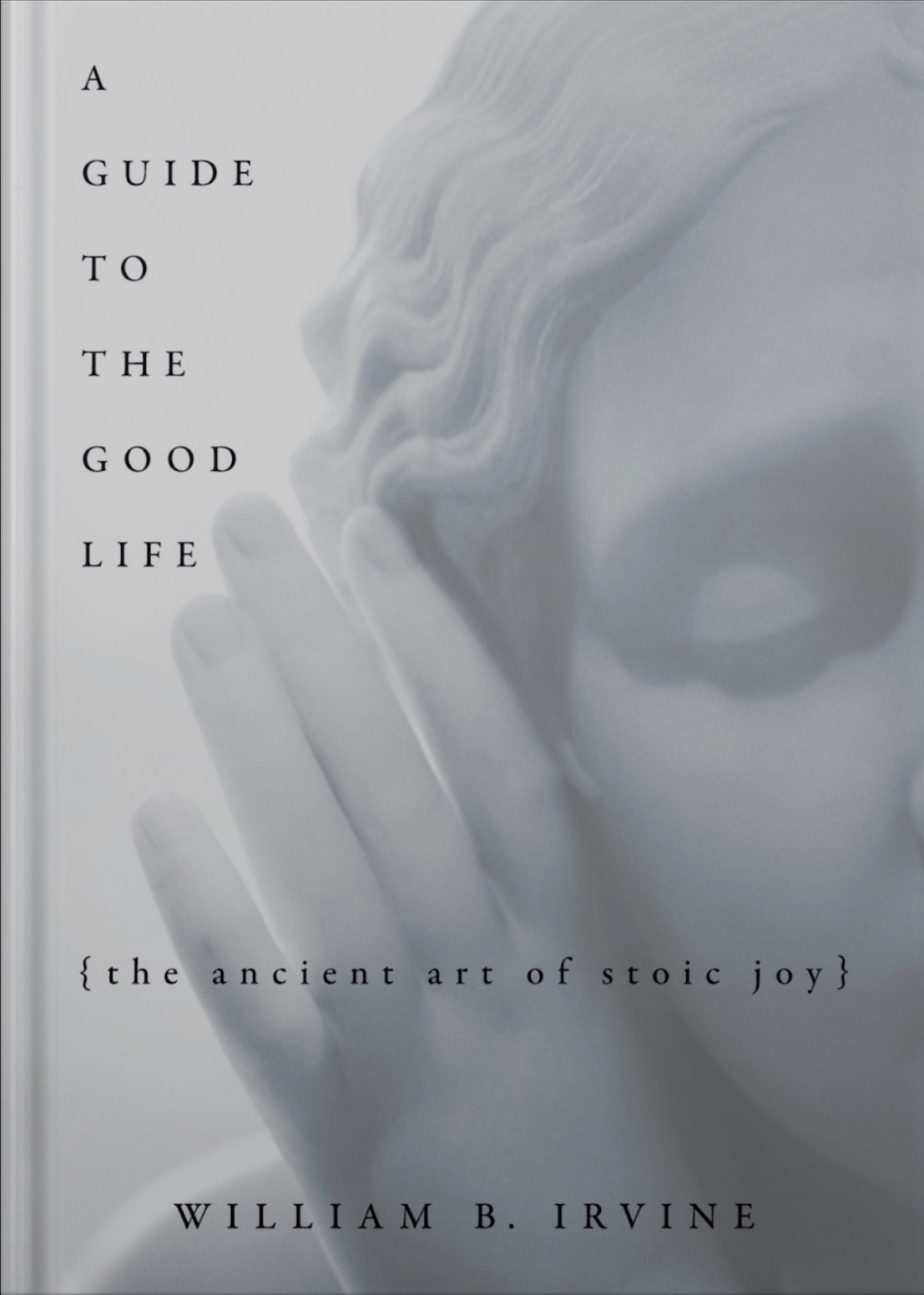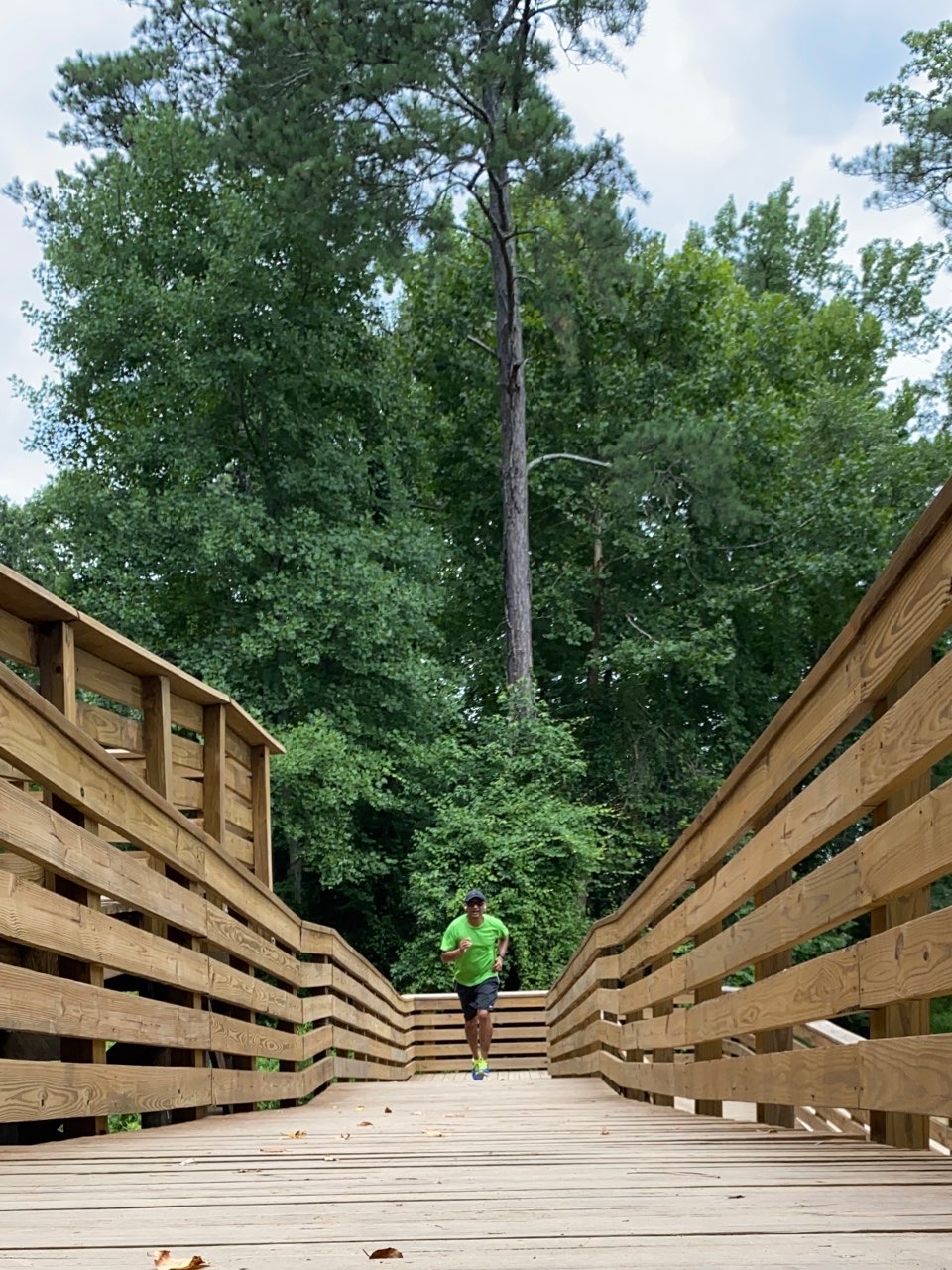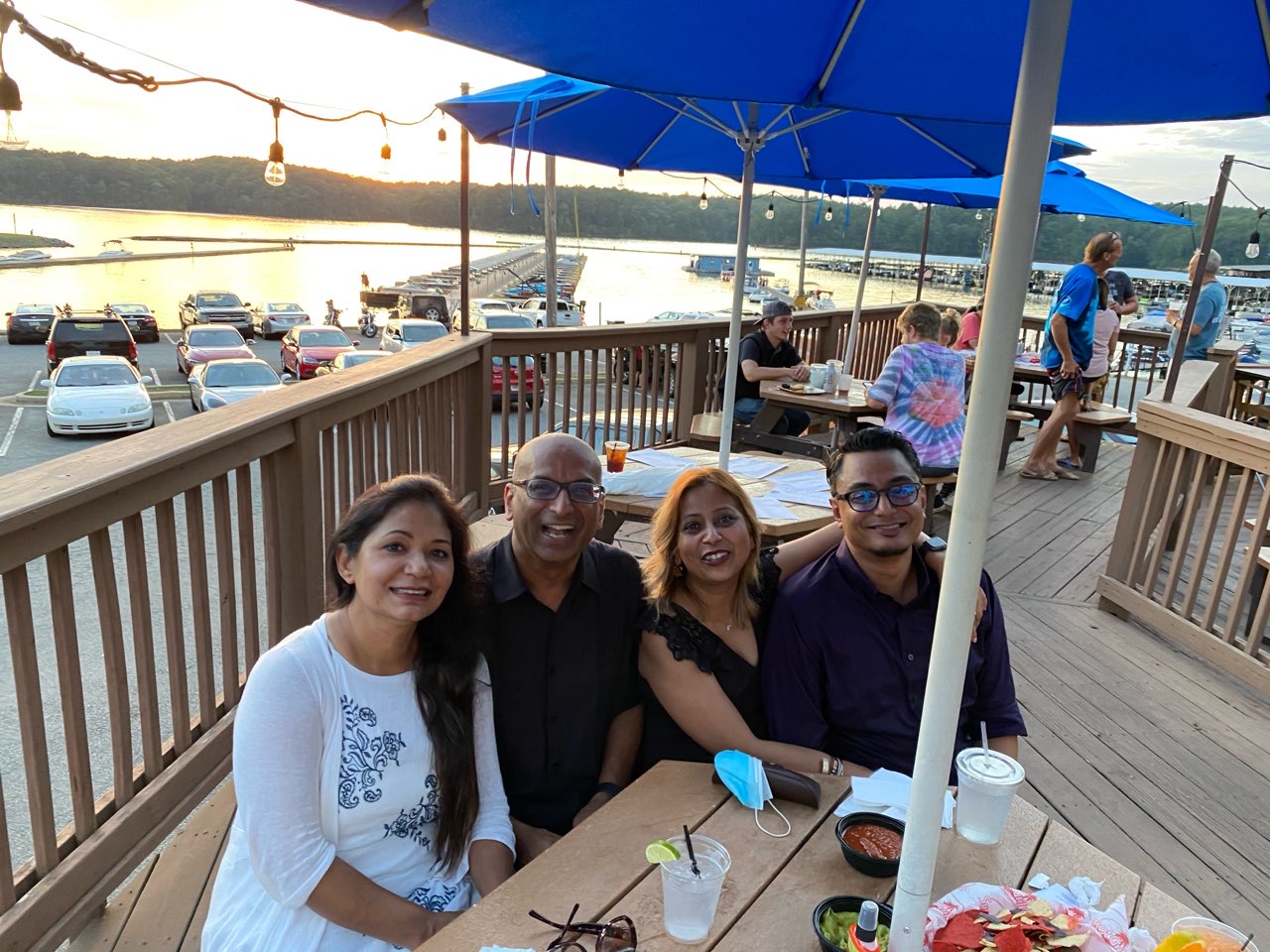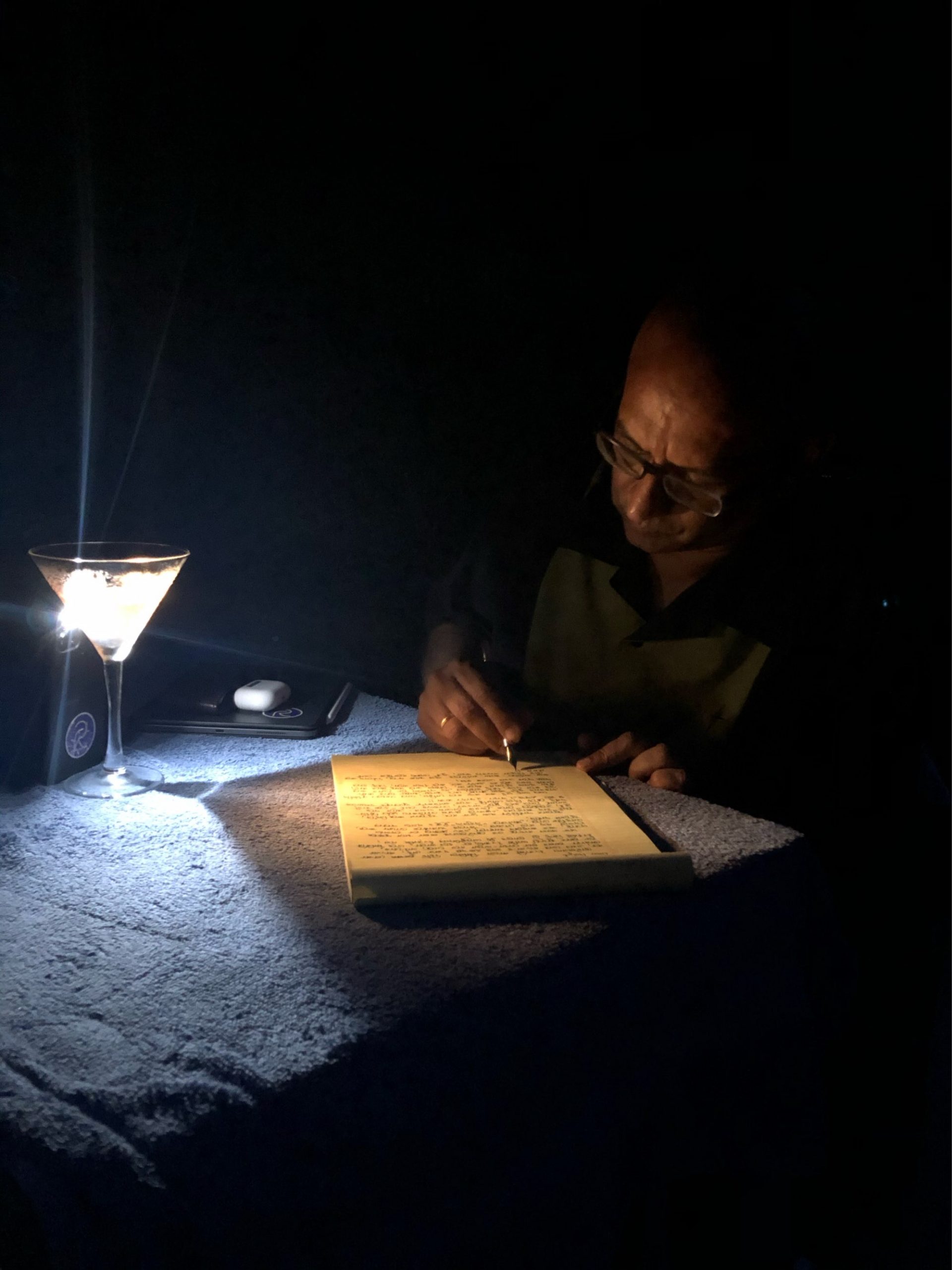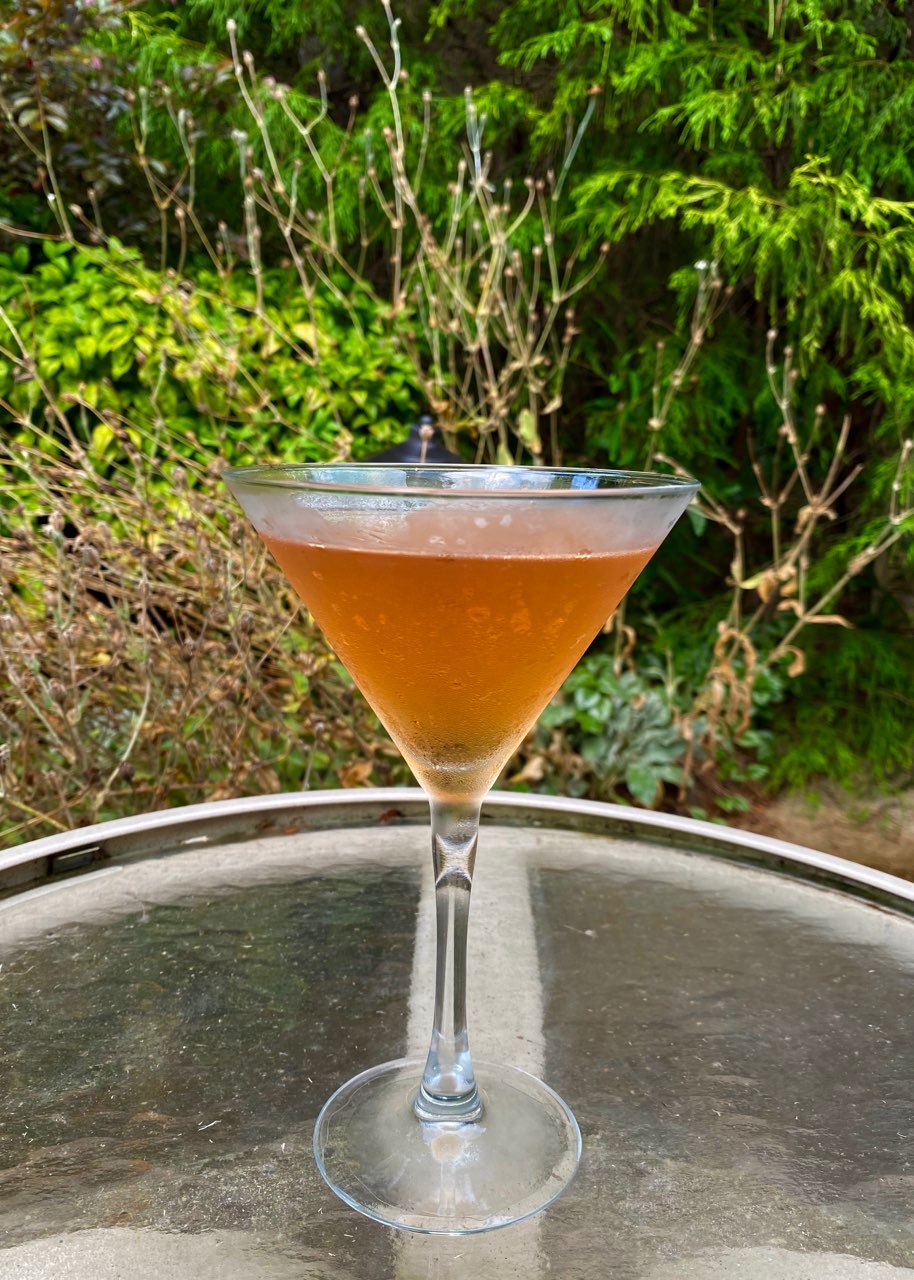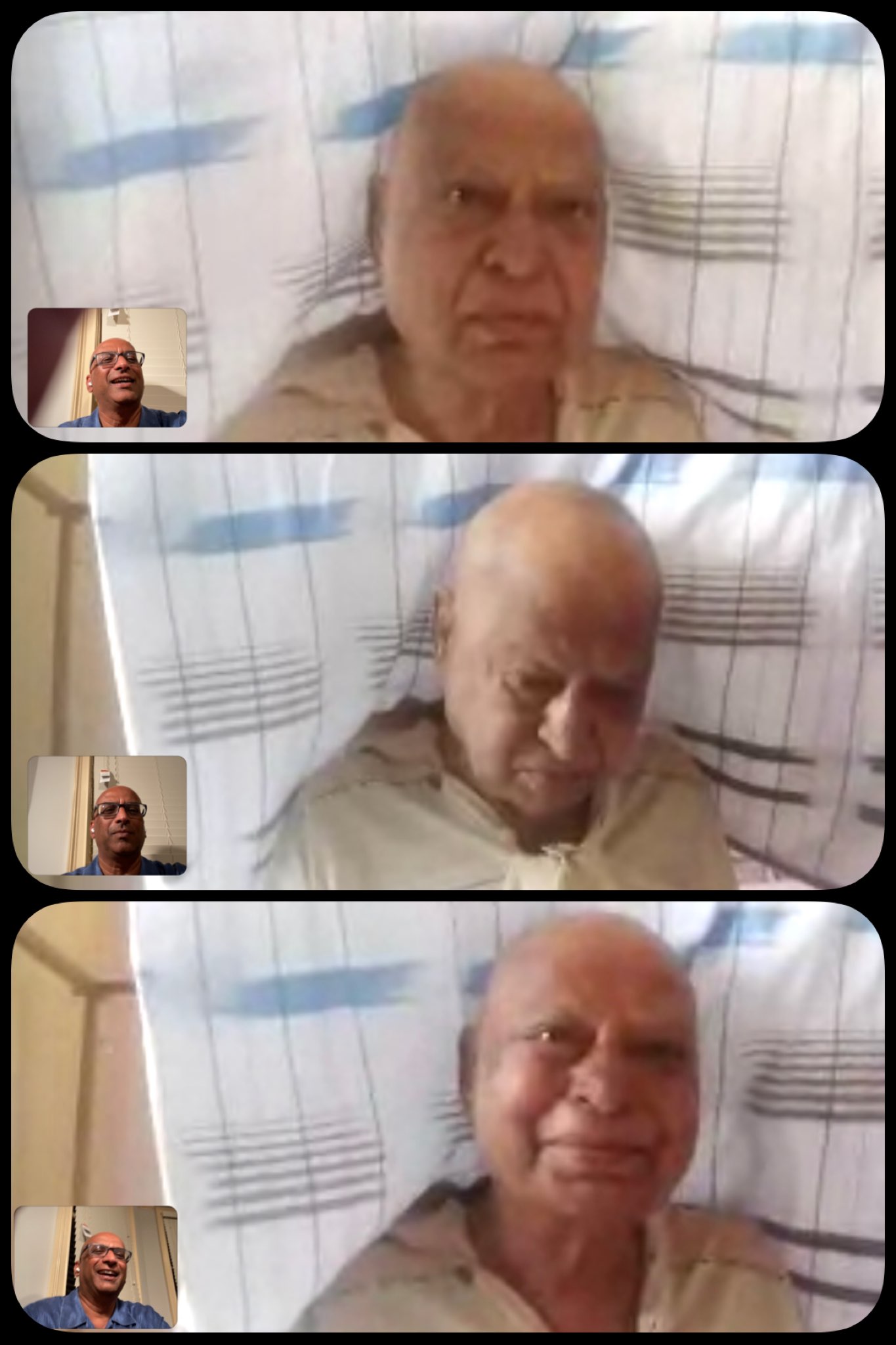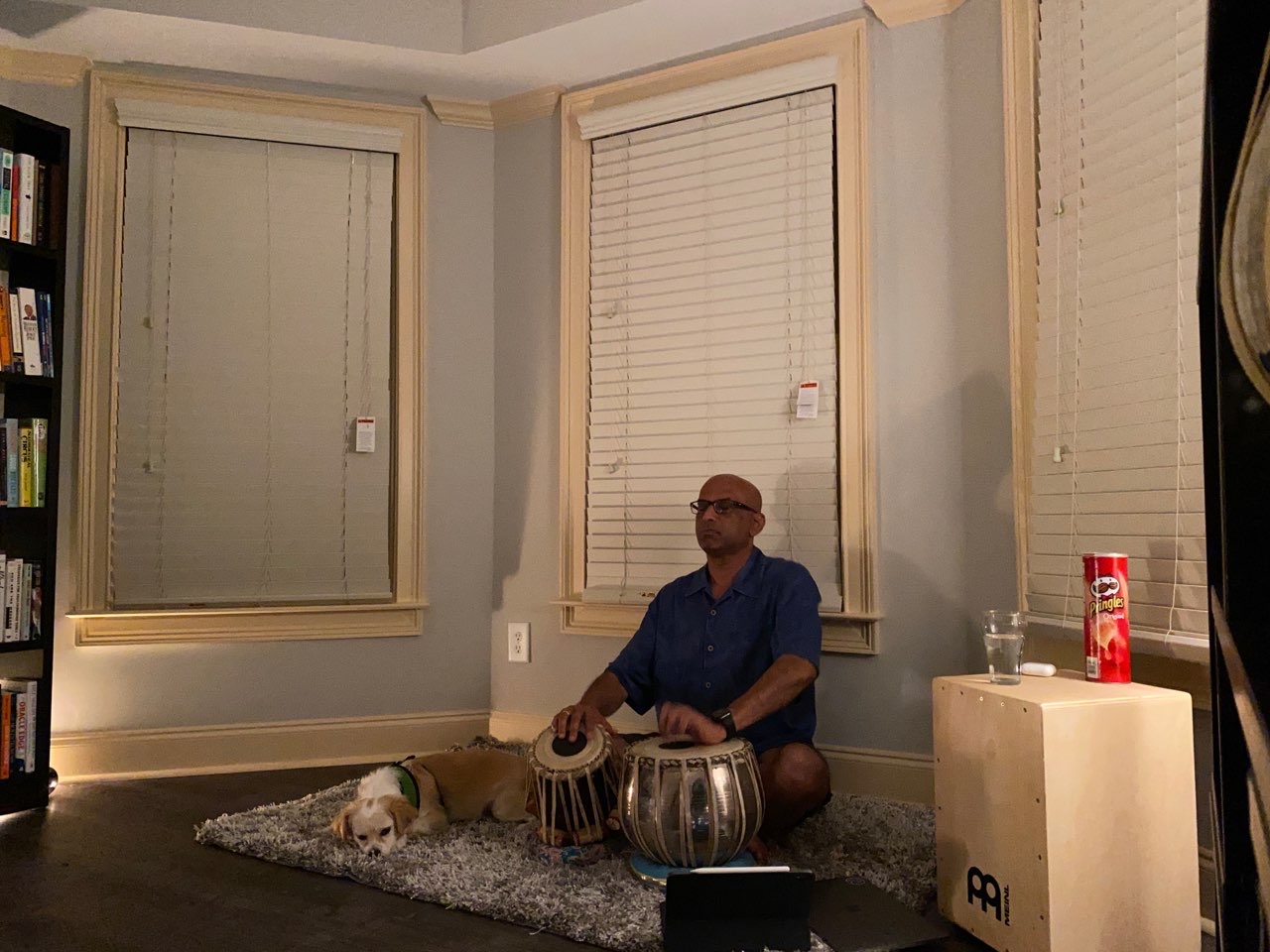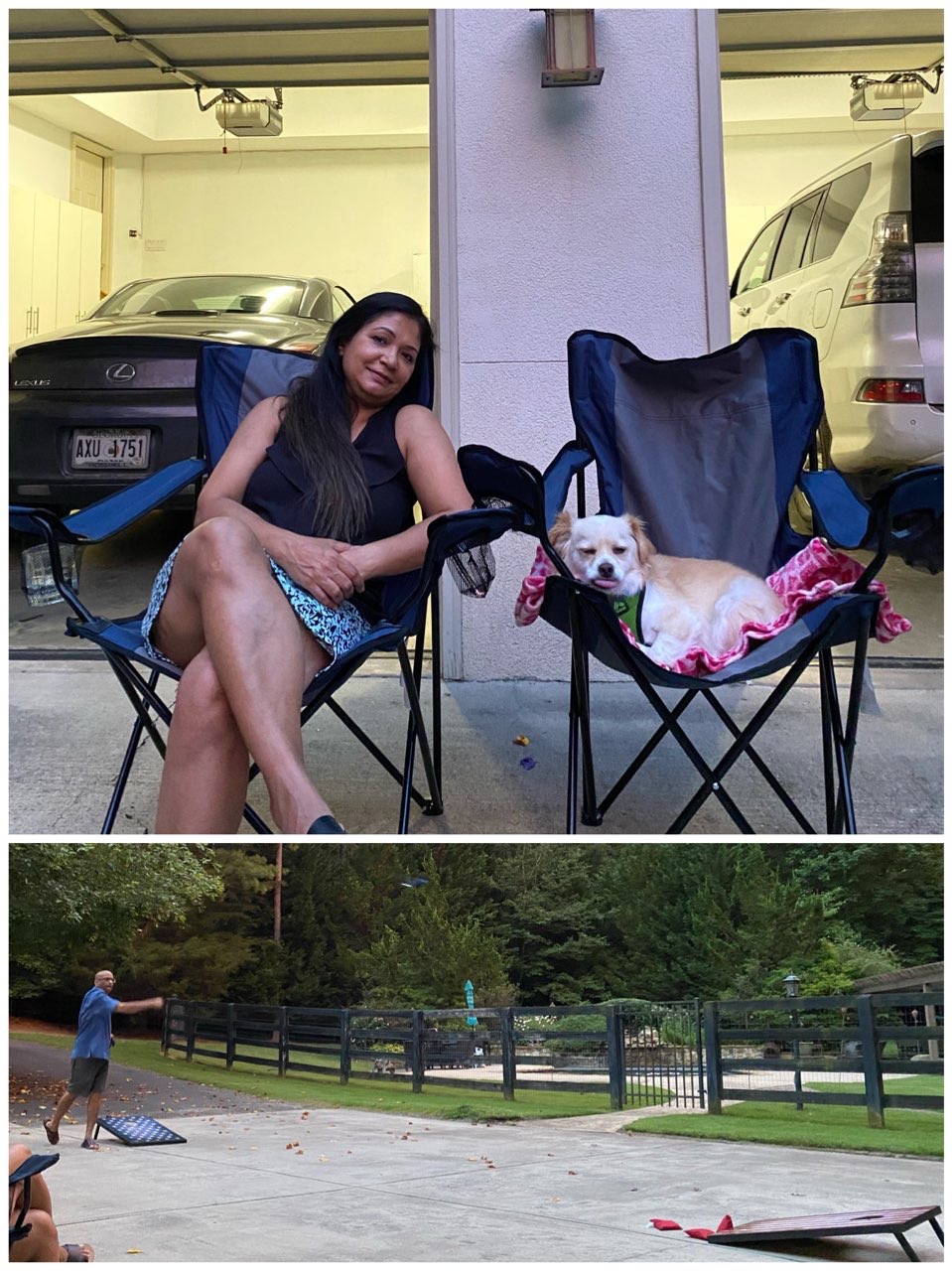Book Review: A Guide to the Good Life
William Irvine has written this book on Stoicism from a unique perspective – he teaches Stoicism in college and is a practicing Stoic himself.
Among other things, he does a good job of tracing the history of Stoicism. Most of us know and read about the Roman version of Stoicism. But Stoicism started in Greece and had a couple of more interesting facets – reasoning logic (if A, then B; A; ergo B) and physics!!! But they got dropped by the Romans when Panaetius of Rhodes took the philosophy from Greece to Rome.
He also does a good job of explaining the different philosophical schools that competed with Stoicism at that time – Cynics, Epicureans, Skeptics, Megarians and so on.
The practices that the author suggests to any aspiring Stoic are:
(*) Negative Visualization – to fight off “hedonic adaptation and appreciate what you have
(*) Dichotomy of Control – the author extends it to Trichotomy of control – to not worry about the things you cannot control and “internalize goals” when you have some control.
(*) Fatalistic about the past and present but never the future
(*) For advanced practitioners, practice “voluntary discomfort”
(*) Being selective of which social function you attend and who you associate with.
(*) Use self-deprecating humor to counter insults
(*) Deal with anger by reminding yourself of the impermanence
Some interesting quotes from the book:
“Pay attention to your enemies, for they are the first to discover your mistakes”
“The art of living is more like wrestling than dancing”
“If people think you amount to something, distrust yourself”
“To know how many are jealous of you, count your admirers.”
“If we seek social status, we give other people power over us.”
